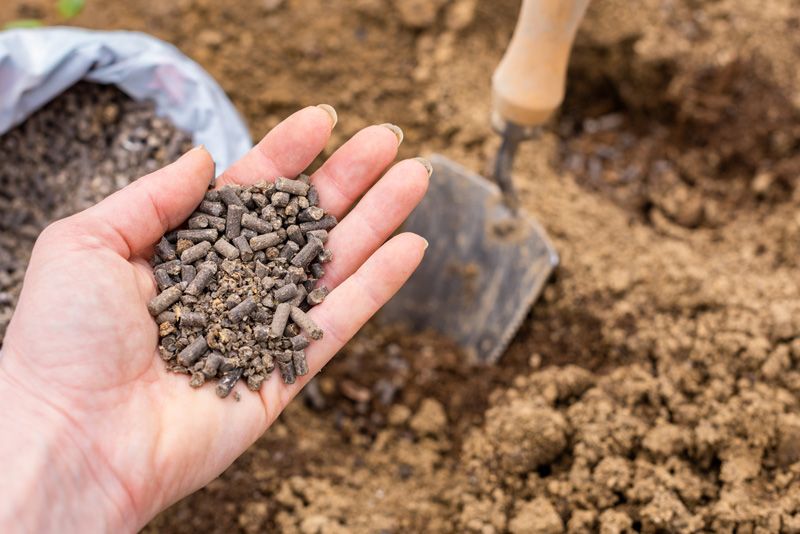
How to Improve Soil Health?
How to Improve Soil Health?
While improving soil health may sound quite easy or less complicated, it is not. Managing soil health means you have to look after your land’s quality, which includes biological, chemical, and physical quality altogether. And if you are looking for improving soil health, look no more, as we have it all covered for you.
But why is soil health so important, you may wonder. This is because healthy soil is the basis for the medium in which almost all the food plants grow. Healthy soil is a source of environmentally sound and profitable agriculture, and there is no denying this fact.
Before moving to steps to answer your question about improving soil health, let’s clarify one thing. First and foremost, you have to understand the management practices required to support plant growth and improve environmental quality for soil health. This will help you design a management system that will improve and maintain soil health.
How to Improve Soil Health?
Here are the easy ways to improve soil health:1. Adding Compost:
Adding compost can be one of the best ways of improving soil health to a considerable extent. But what is compost, exactly? It is basically a degraded or decayed organic matter which is basically used as fertilizers to grow plants. Here are the benefits of using compost in the soil:- This compost acts as a feeding material for the soil.
- It is also responsible for improving the structure of the soil.
- The compost material also allows the soil to retain the nutrients it contains.
- It also promotes good drainage and allows the water to penetrate deep into the soil.
- It also helps the soil stay loose so that there is enough airflow that can easily reach the plants’ roots.
- The compost also helps the soil maintain neutral pH, a basic requirement of better soil health.
- Last but not least, compost is also responsible for protecting the plants from various diseases.
2. Adding Manure:
Thinking about animal manure may sound filthy to you; however, manure is one of the best things to feed your soil. It is a solution to your query of how to improve soil health. Yes, you read it right! You may be wondering how manure is good for your soil. This is because the manure is filled with nutrients like significant amounts of Nitrogen. The plants basically require these nutrients for proper growth. This is how animal manure benefits the soil of your land:- When the soil absorbs the manure, it starts releasing nutrients.
- The manure also helps to retain the moisture levels of the soil.
- Manure is rich in nutrients like phosphorus and Nitrogen that are essential for the plants’ growth.
- It also helps in increasing the organic matter of the soil.
- It also helps in reducing the carbon from the atmosphere.
- Best of all, it helps in reducing the runoff and erosion of the soil.
3. Adding Soil Additives:
Except for adding compost or soil to solve your worry of improving soil health, there are other additives that you can add. Here is the list of additives that you can use to improve soil health:- There are certain plant and seaweed products that you can use. These may include the compost of plant or leaves waste, the alfalfa pellets, the soybean meal, but it is a bit expensive, also the dried raw seaweeds.
- You can use the animal byproducts for the job too. This may include the feather meal, the blood meal, which is basically the dried waste from the slaughterhouse, and fish emulsion or fish meal.
- The additives may include additional phosphate sources. This includes the use of soft rock phosphate, which is taken from old sea deposits. Plus, you can get colloidal phosphate from the clay, and also volcanic deposits contain hard rock phosphate.
- Calcium sources can also do the job. These sources include gypsum or lime, which can be used to maintain the soil’s pH and deliver the much-needed calcium.
